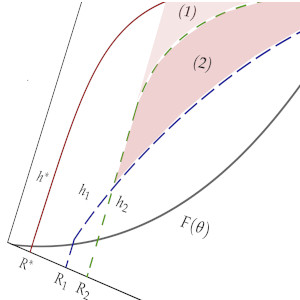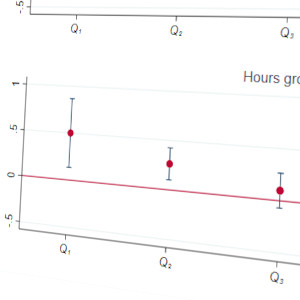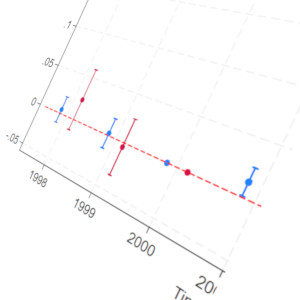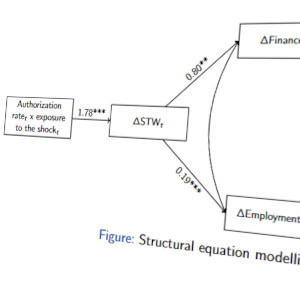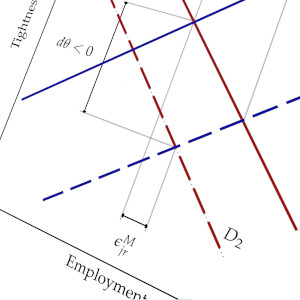
About Me
I am on the 2025-2026 job market, please find my JMP here (slides).
I am a Postdoctoral Research Fellow at Université Grenoble Alpes (sponsored by S.Mathy), working on an information experiment that measures the causal impact of health information on mode choice.
I hold a PhD in Economics from the Aix-Marseille School of Economics (under the supervision of Bruno Decreuse). My thesis focus on the design and the effects of Short-Time Work programs.
I held positions as a Visiting Researcher at the Paris School of Economics, the ETH Zurich and the University of Konstanz.
My research focuses on public economics and labor-market.
